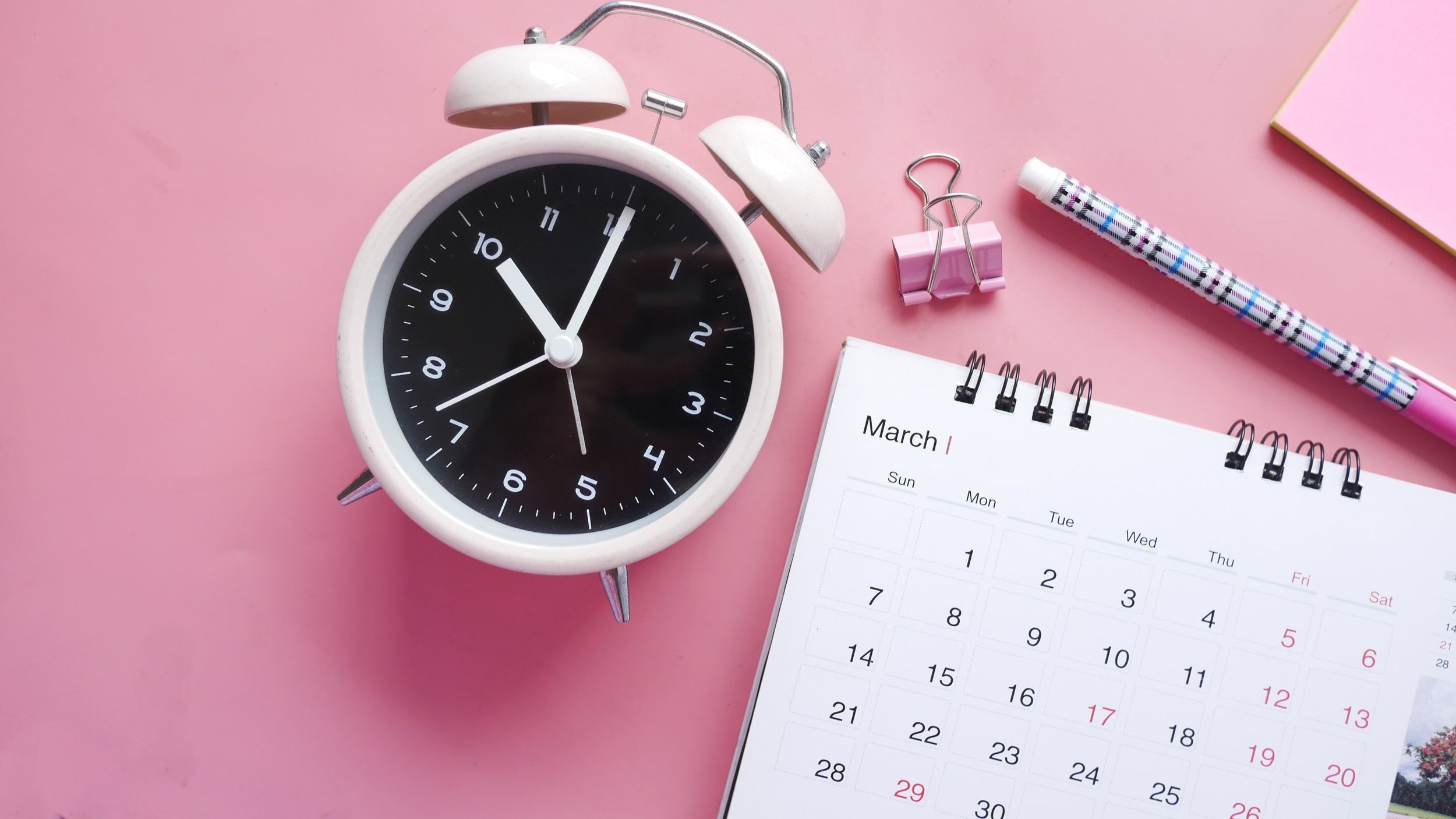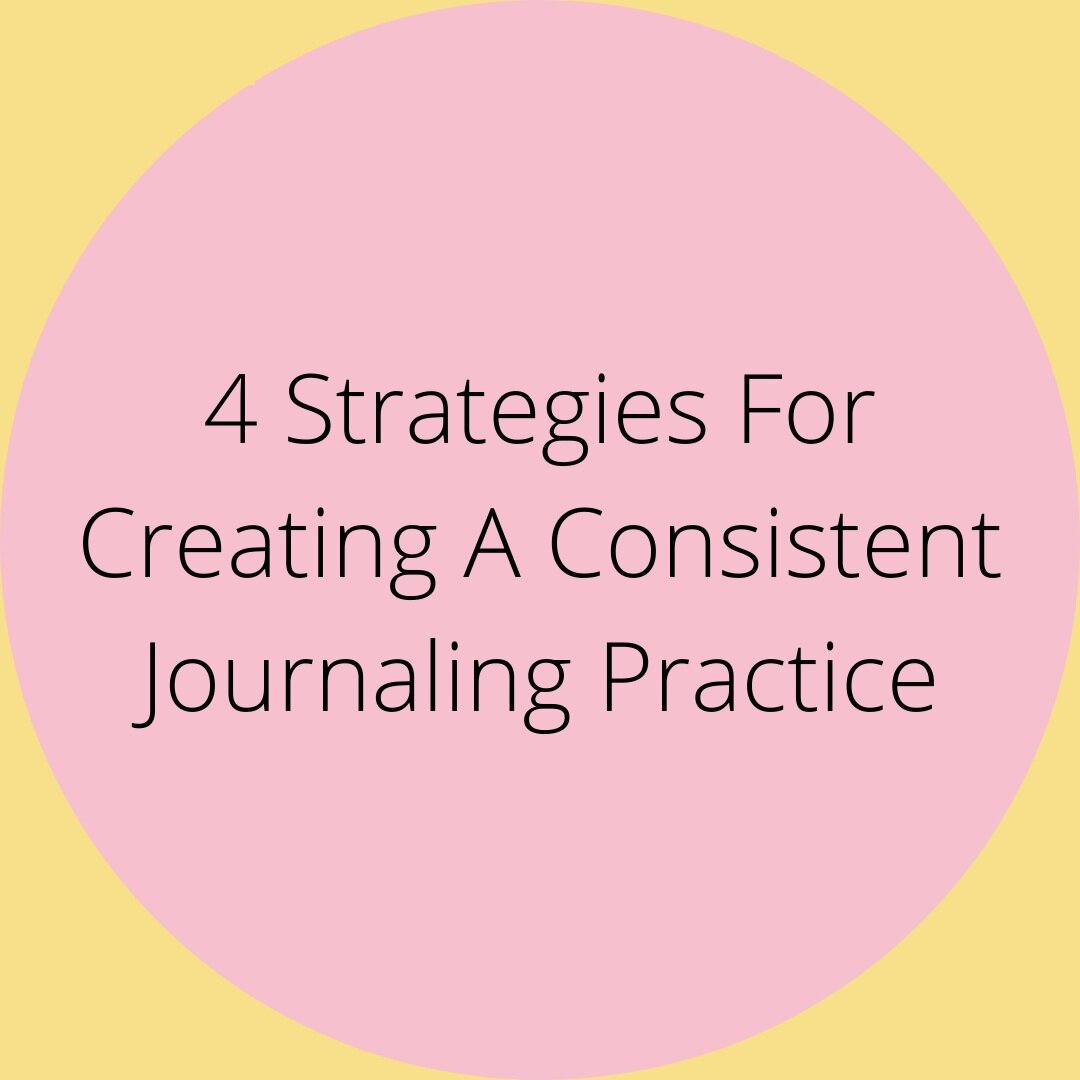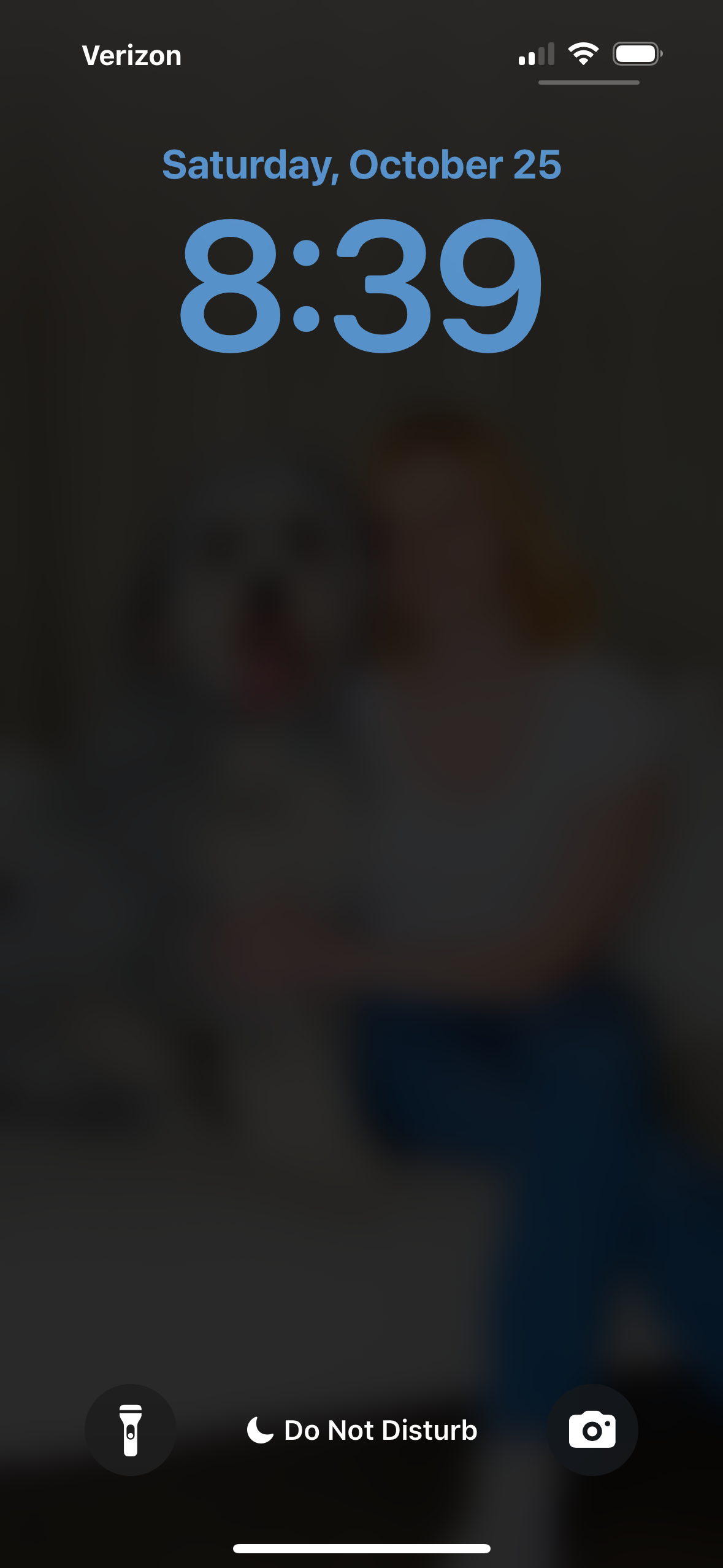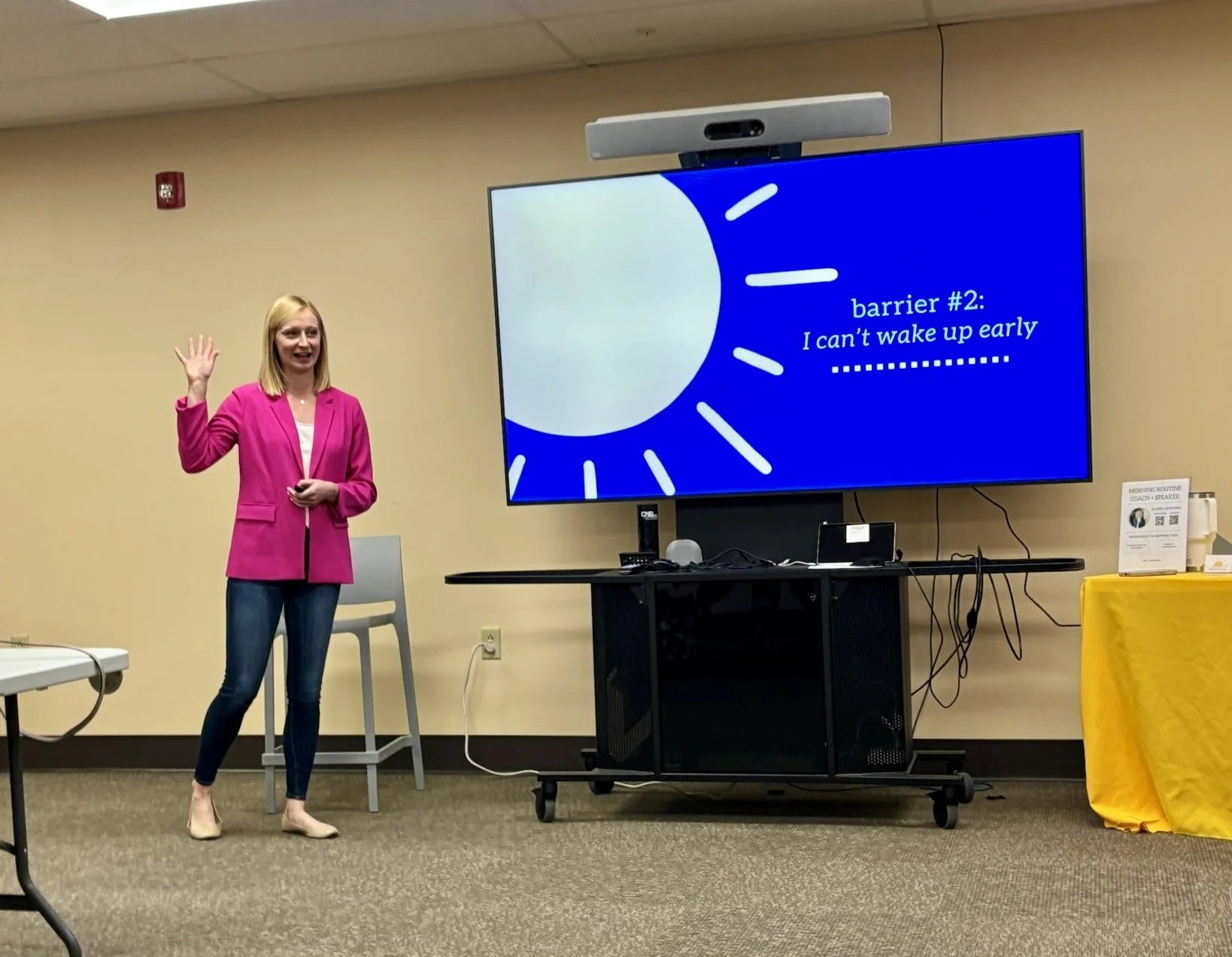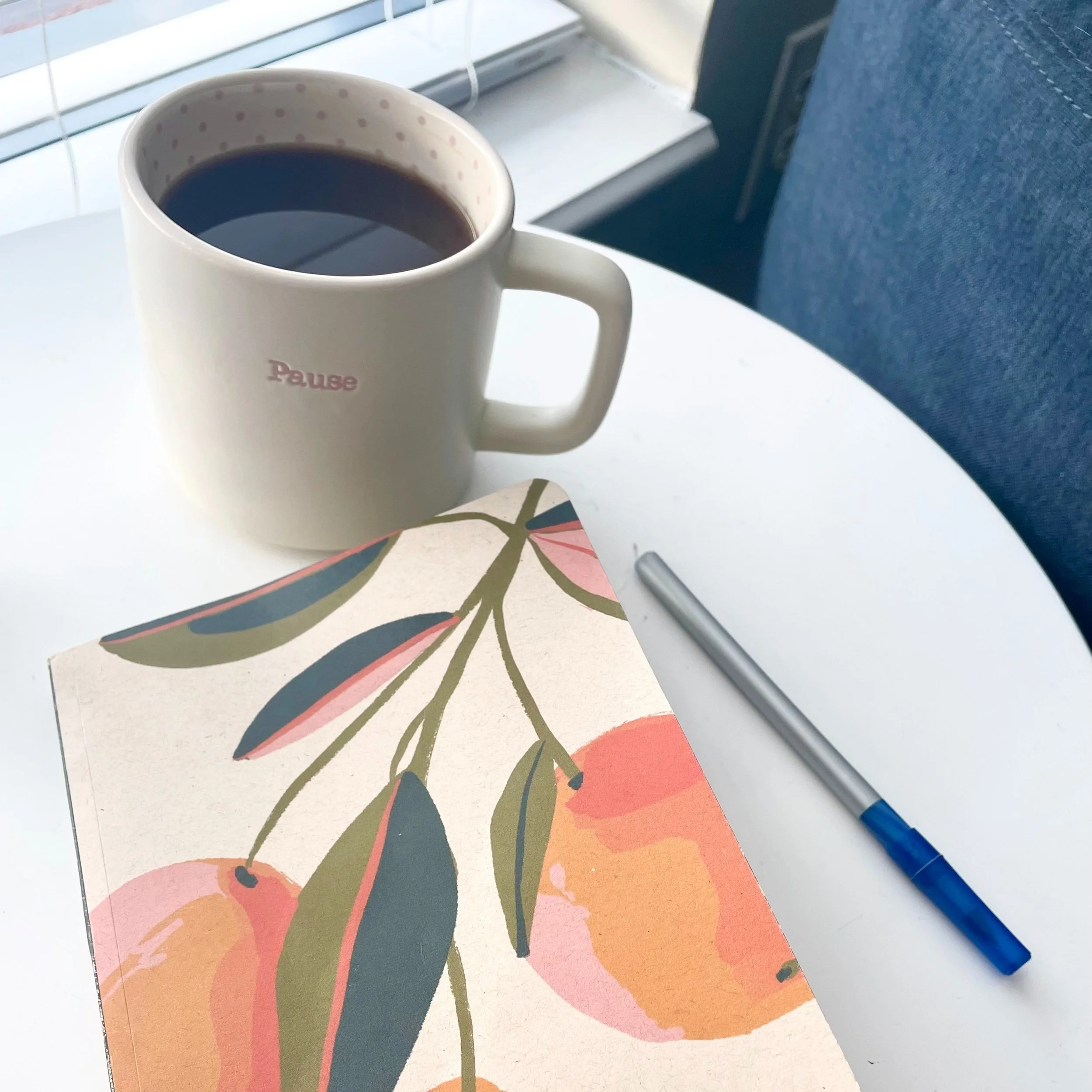Right now, we are in the middle of football tailgating season and I love a good tailgate.
I also love a good brewery, holiday get-together, wedding, or meet-up with old friends.
All these fun things usually involve more than the average amount of drinking, or least for me it does. Having some drinks is a social norm for a lot of people I spend time with and environments I’m in.
But then there is the day after a large amount of drinking. My stomach hurts, my head hurts, and most of all, I get anxious. Anxious to the point where my physical feeling matches my mental feeling in terms of how much it hurts.
When I was in college, I kind of just dealt with the anxiety over and over because it felt like such a way of life. I've found now in my adult life that that endless cycle is unsustainable and doesn't contribute to what I'm trying to accomplish in life.
Some would say just cut out drinking entirely and I have thought about it.
However, I really do enjoy a beer at a brewery in any city that I'm visiting. In college, I did a brewery tour for college credit to get educated in the beer process and supply chain of it, and I’ve now been to close to 90 breweries. There is more to beer than just drinking it to me.
I love going to my parents’ house and having a pre-dinner cocktail with my mom like it is a ritual that I'm home.
I love rolling up to a Penn State football tailgate and being the bartender for everyone.
I think there is a way to still participate in the drinking at these events but drink in moderation. As always, there is a balance to everything.
I don’t always get it perfect, and my family and friends know I’ve had my share of rough nights. However, I want to share some tactics I’ve been using recently to help me drink in moderation, have fun, and not end up with a headache or anxiety the next day.
Ordering a water anytime I order a drink.
If I’m at a bar or restaurant, anytime I order a drink, I try to also order water. This has made drinking water more accessible and more likely for me to consume it.
I’m the girl at the bar that tells herself that the next thing I’ll order is water and gets peer pressured into ordering another drink instead. Or I’ll be sitting there empty-handed, and I feel like I need to order another drink just because it feels weird to be standing there with no cup in my hand.
By ordering a water each time I order a drink, I’ve made it easier for myself to stay hydrated, not default to just drinking more alcohol every time I finish a drink, and not have anyone saying I’m “lame” for only ordering a water the next time I go up to the bar (which is not lame by the way and is you just taking care of yourself).
Putting a non-alcoholic drink in a glass cup.
Sometimes after a long day at work, I want to sit on the couch and have a drink. I will let myself have one during the work week occasionally, but I know drinking doesn’t help me sleep and doesn’t get me re-charged for the next day.
Something I’ve found that holds me over and tricks my brain into thinking I’m having a drink is putting a non-alcoholic drink in a wine or cocktail glass. It makes me feel fancy without the headache.
I especially like putting fizzy or carbonated drinks in my glass like sparkling water, or my personal favorite, Bai Bubbles (which is rarely available to me at my local grocery store so if you see this somewhere at a reasonable price please help a girl out). Friends and family have also recently introduced me to Zevia and Fresca.
Bringing non-alcoholic drinks that aren't water that I enjoy.
If I’m going to a tailgate or some type of house party, sometimes I will bring myself pop, sparkling water, or Gatorade to have between drinks or when I really don’t want any more alcohol.
Sometimes water between drinks feels boring and I want something with flavor, but I don’t want any more alcohol.
Having something non-alcoholic available that I enjoy helps me not default to drinking alcohol I really don’t need to have.
Is there anything you do that helps you drink in moderation? Tell me in the comments below.















